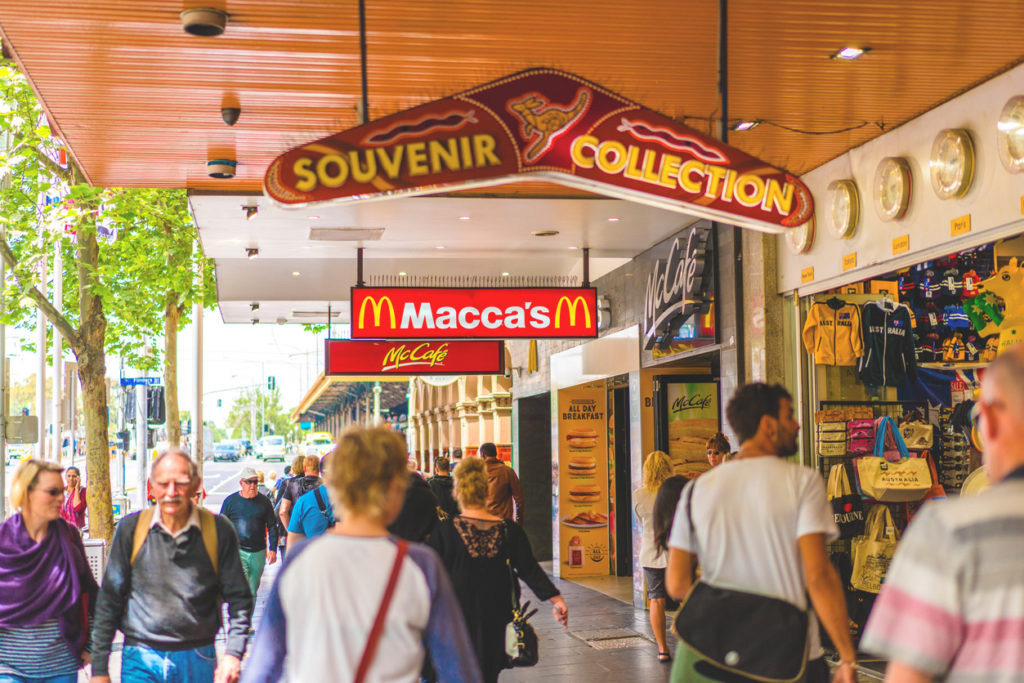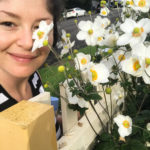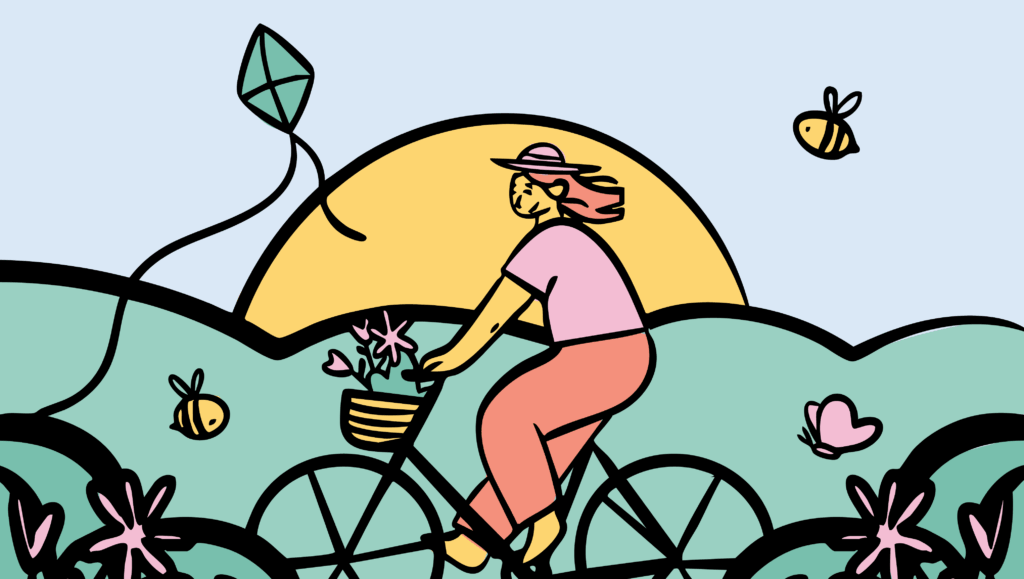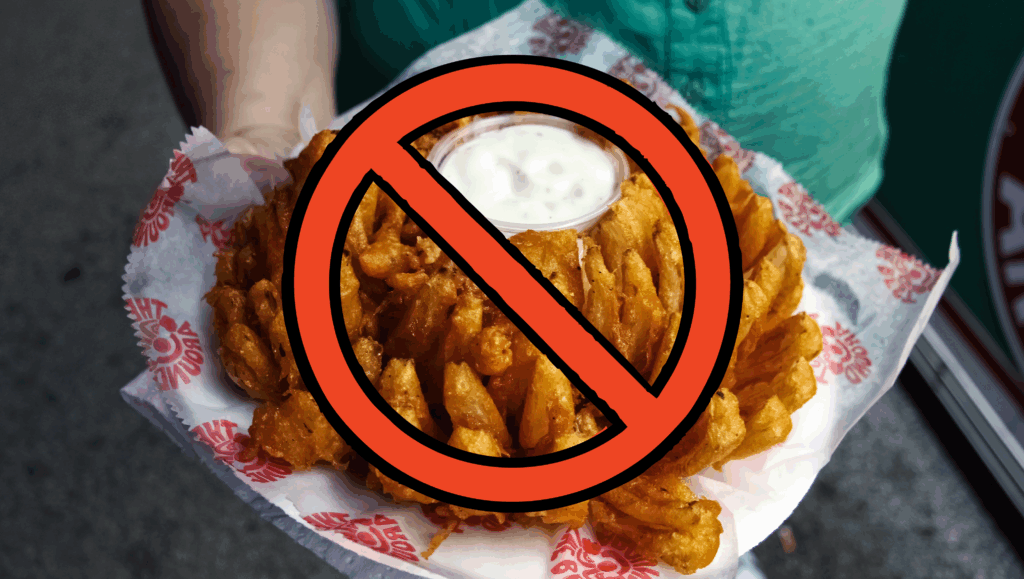As well as understanding the Australian currency, road rules, social and dating norms, and making sense of the country’s interesting cuisine, Australian slang is another thing you’ll have to figure out when living and studying ‘Down Under’.
There are hundreds of Australian slang words and just as many common Australian phrases out there. Some are funny, some are appropriate for the workplace, but most will be totally puzzling to international students. To help you, we’ve broken down 10 popular Aussie slang phrases to get you started. Get familiar with these and you’ll be one step closer to mastering how to ‘speak Australian’!
Bloody oath/Struth/Fair dinkum/Deadset
Each of these phrases/words are a positive, somewhat surprised response.
When would I use it?
- When you are surprised by what has been said and are looking to confirm that it is true: “Fair dinkum! That sounds intense! You’re joking, right?”
- Assuring someone that what you’ve said is the truth: “This is deadset the hungriest I have ever been!”
‘Struth’ is a contraction of the words ‘God’s truth’.
Dog’s breakfast/Dog’s brekkie
Dogs are not known for their table manners and their food is not very appetising to look at – essentially, it’s a bit of a mess. This phrase is generally used to describe someone or something that looks messy or poorly finished.
When should I use it?
Australians enjoy self-deprecating humour, so we recommend you use this phrase to poke fun at yourself rather than someone else. For example: “I got ready in a hurry so I look like a bit of a dog’s breakfast”.
She’ll be right/No worries/No wukkas
Australians are laidback and tend to approach life in a relaxed manner. These phrases are three different ways to say “everything is fine” and “don’t worry”.
When should I use it?
- In a response to assure someone that there is no issue or cause for concern:
Them: “Are you sure that it won’t be too early for you?”
You: “It is early but she’ll be right!” - In a response to someone thanking you:
Them: “Thanks so much for writing that introduction for our group assignment!”
You: “No worries!”
Yeah, nah / Nah, yeah
What does it mean?
These phrases are classic Aussie ways to say “no” or “yes” in a roundabout manner.
Yeah, nah means “no,” while nah, yeah means “yes.”
When would I use it?
Yeah, nah: “Do you want to go out tonight?”
“Yeah, nah, I’ll stay in.”
Nah, yeah: “Was the movie any good?”
“Nah, yeah, it was awesome!”
Macca’s run
What does it mean?
This refers to going on a trip to McDonald’s, often late at night. The word Macca’s is so ingrained in Australian culture that McDonald’s officially changed its name to Macca’s at stores across the country for Australia Day in 2013, and still refers to itself as Macca’s today.
When would I use it?
It’s typically used when you and your friends feel like grabbing a late-night bite:
“Want to do a Macca’s run after the party?”
It’s your shout
This basically means it’s your turn to pay — usually relating to a round of drinks at the bar, but it could be for any cash exchange. This is a big part of Aussie money etiquette so it’s an important one to understand!
When should I use it?
If a friend bought you dinner last time you saw them and it’s now your turn to pay, you can tell them: “It’s my shout this time”.
Woop Woop
Woop Woop is not a real place but describes somewhere out in the middle of nowhere or very far from your current location.
When should I use it?
If one of your classes is held in a building quite far from the main campus, you could say: “Feels like I just walked to Woop Woop and back!”
What do you reckon?/I reckon
‘Reckon’ can be used as another word for ‘think’.
When should I use it?
Do the Harold Holt
To ‘do the Harold Holt’ means to leave without telling anyone where you are going.
When should I use it?
“Sorry for doing the Harold Holt, my friend offered to drive me home”.
Harold Holt was a former Australian prime minister who disappeared while swimming at a Victorian beach.
Chuck a sickie
When should I use it?
If you want to skip work and do something fun instead:
“I might chuck a sickie tomorrow and head down to the coast.”
Lastly, one phrase to never use: Throw another shrimp on the barbie
Although ‘barbie’ is a commonly used slang word for a barbeque, Australians call them prawns, not shrimp. The phrase was made famous by a 1980s-90s international marketing campaign created by the Australian Tourism Commission, encouraging international travellers to visit Australia. Real Aussies will likely roll their eyes at you if they hear you saying this!





